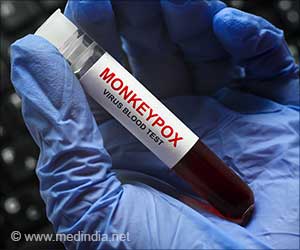Genome-wide disruptions in Down syndrome cells mimic a cellular aging, or senescence-like state as per a study at the Picower Institute at MIT, published in Cell Stem Cell.
Down syndrome, also known as trisomy 21 is the most common chromosomal disorder. It occurs due to an extra copy of human chromosome 21 in the body, thus resulting in three copies instead of the usual two.
‘Genome-wide disruptions in Down syndrome (also known as trisomy 21) cells mimic a cellular aging or senescence-like state.’
It is characterized by hampered cognition and neurodegeneration later in life. The study found that the third copy of chromosome 21 causes excessive senescence in a key cell type of the developing brain neural progenitor cells (NPCs) by reorganizing the 3D configuration of the entire genome.
These disruptions of genes cause mechanisms similar to aging thereby establishing senescence as a potentially targetable mechanism for future treatment of Down syndrome. This may help in correcting the disruptions through anti-senescence drugs in cell cultures.
“This study illustrates the importance of asking fundamental questions about the underlying mechanisms of neurological disorders. We didn’t begin this work expecting to see senescence as a translationally relevant feature of Down syndrome, but the data emerged from asking how the presence of an extra chromosome affects the architecture of all of a cell’s chromosomes during development,” says Tsai, Picower professor of neuroscience, director of the Alana Center, and The Picower Institute for Learning and Memory at MIT.
Source: Medindia



